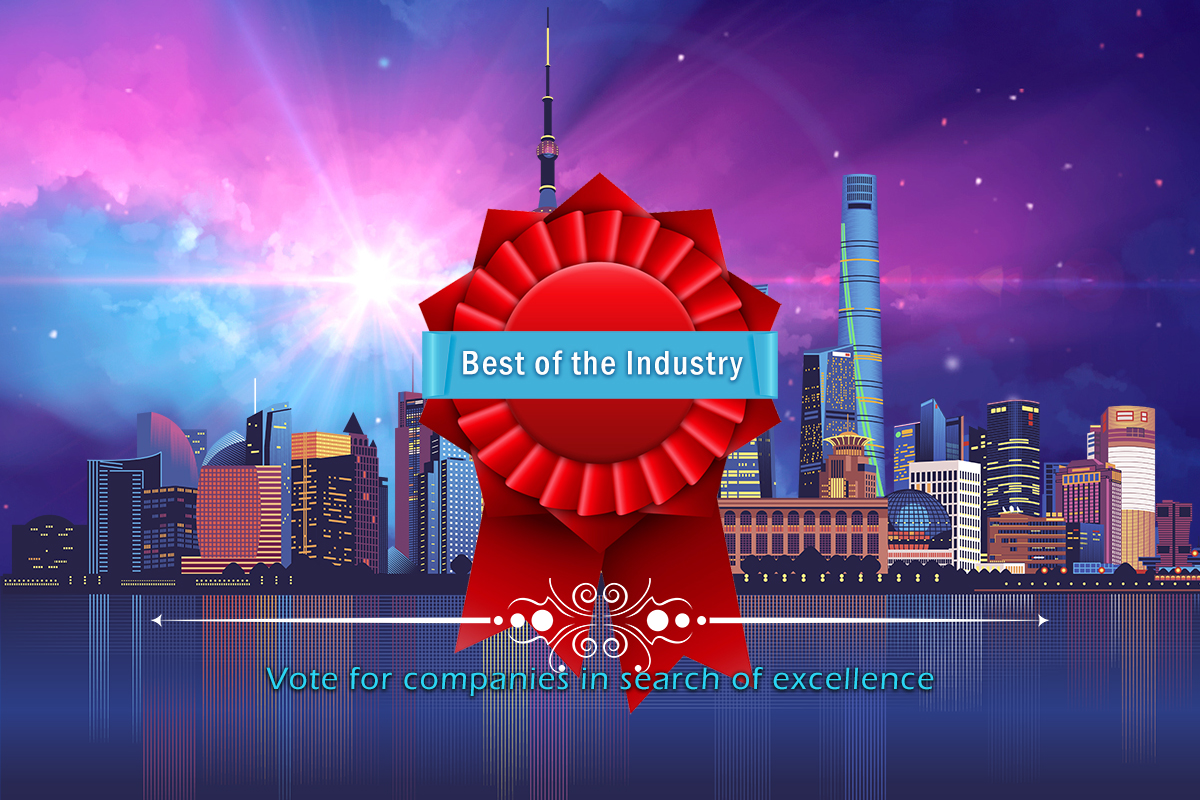To strategically strengthen the Fagerhult Group’s position on the French and international professional lighting markets, Fagerhult Group has signed an agreement to acquire 100% of the shares in Trato SAS with its wholly-owned subsidiaries; Trato Industries SAS, T.L.V. SAS and Biolume Sarl, (the Trato TLV Group), companies all based in Lille, France. The acquisition is expected to have a positive effect on the earnings per share during 2025 and forward.
The Trato TLV Group comprises three brands; Trato, TLV and Biolume, each having a strong history and specialised expertise in the lighting industry and healthcare equipment market. The Trato TLV Group operates from 3 sites in Lille and has a strong domestic focus with the majority of sales in France.
Trato, the most significant entity, established in 1947 by Michel Picha, is a key player in retail lighting with sales of 36 MEUR. Trato also addresses the rail-underground and transportation hubs in the infrastructure sector.
TLV/Biolume, with sales of 20 MEUR, focus activities on healthcare equipment encompassing a broad range from lighting to specialised bedhead units to duct systems for medical gases. This strong position will be used to grow the sale of healthcare lighting in France.
“This family owned business is a perfect strategic fit with well-established positions in the French lighting and healthcare equipment markets. We experience the same culture as within the Fagerhult Group and I am delighted that Charley Picha and Guillaume Picha would continue to lead the business. The addition of the Trato TLV Group into Business Area Professional would create procurement synergies and we have also identified strong opportunities for domestic and international sales growth.” comments Bodil Sonesson, CEO Fagerhult Group.
“Joining the Fagerhult Group would be a great source of pride for us. This strategic alliance would allow us to accelerate the deployment of our innovative solutions in France and internationally, while preserving our key strengths: our local roots and our identity as committed French industrialists.” says Guillame Picha, President of the Trato TLV Group.
Charley Picha, MD of the Trato TLV Group adds “The Picha family would remain fully invested in the company’s strategy and leadership.”
In 2024, the Trato TLV Group had 230 employees, sales of 56 MEUR and a profitability rate that would increase the Fagerhult Group’s operating margin by 0.4 percentage points. On a proforma basis the acquisition would increase the Fagerhult Group’s Net Debt to EBITDA ratio as at the fourth quarter 2024 from 2.00x to 2.55x. The transaction is financed with existing cash and new credit facilities. The deal is expected to close during the 2nd quarter of 2025.
The completion of the transaction remains subject to the consultation of the relevant employee representative bodies of the Trato TLV Group and the approval from the relevant regulatory French authorities.



